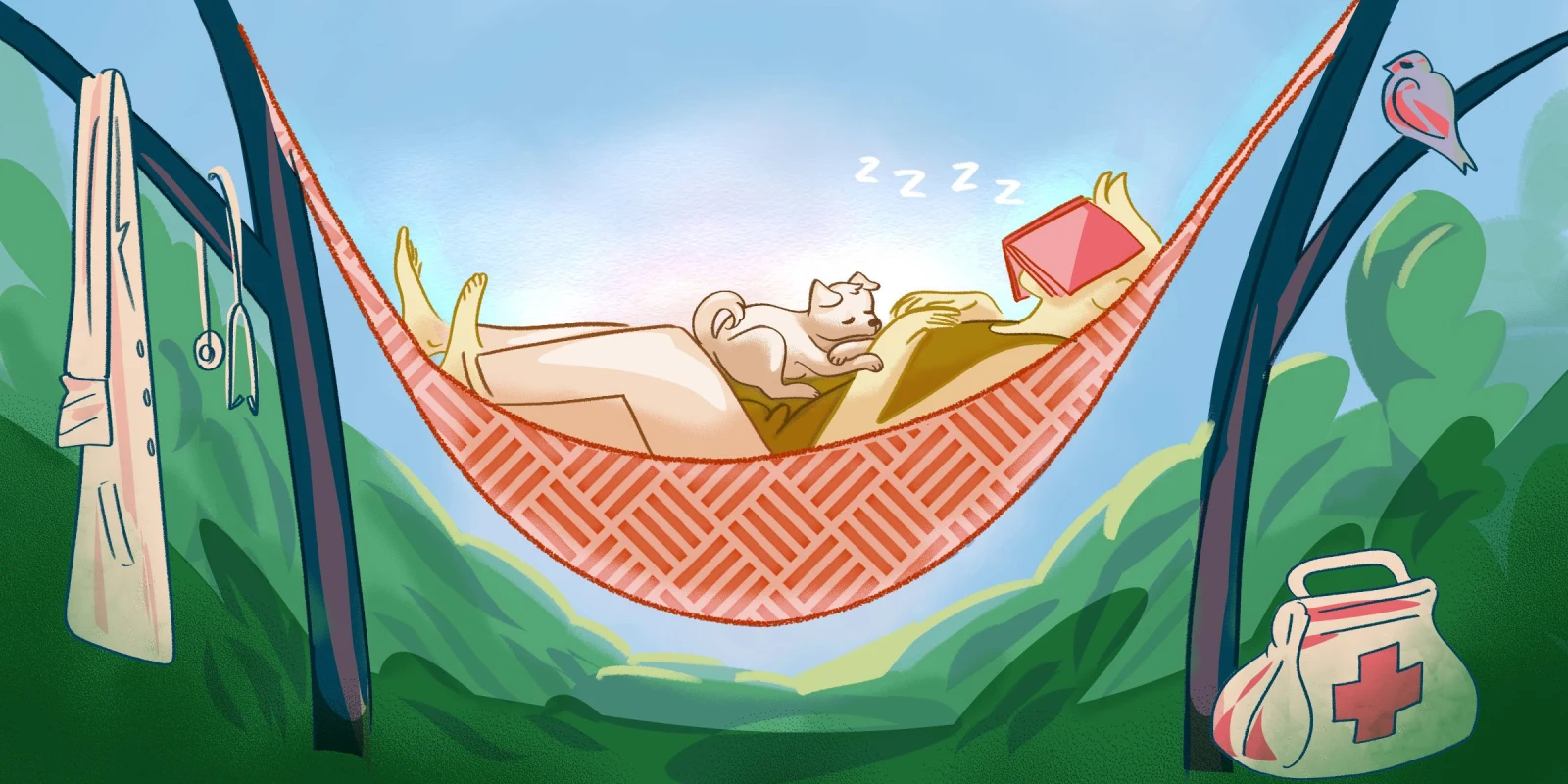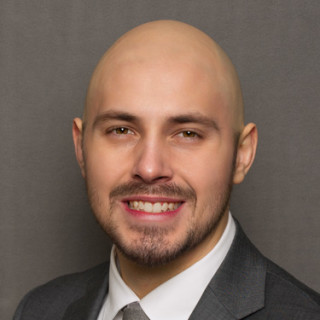I read two articles recently that shook me. The first article was from the U.K. and it explored survey data comparing the effectiveness of common well-being interventions in 46,336 health care workers from 233 organizations. These interventions included assistance programs, counselors, mindfulness training, resilience/stress management training, and well-being apps. The second article, published two days after the first, observed rates of vacation days and working while on vacation to burnout in 3,024 U.S. physicians.
The results of each article were remarkable, but not that surprising. In the U.K. study, no statistically significant differences in self-reported well-being between participants and nonparticipants of these interventions were recognized. In the U.S. study, higher rates of burnout were associated with physicians who take less vacation time (59.6% reported taking three weeks or less per year) or work while on a typical vacation day (70.4%). So, what does this data suggest? If health care institutions want to improve rates of physician burnout, they should build more dedicated time off into their physicians’ contracts. Instead of being assigned more “self-help” tasks, “health-improvement” modules, or mandatory participation in “wellness meetings,” physicians just need more time off to completely detach themselves from their professional obligations. The solution is that simple ... or is it?
There has been much data in recent years spotlighting the negative effects of lengthy workweek hours and excessive workload on the health and well-being of not only attending physicians, but trainees and medical students, too. I am among the thousands of “new generation” physicians who have recently entered the workforce and have strong concerns regarding the negative effect of excessive workweek hours on my long-term health and well-being. I am engaged to a resident family medicine physician, and we currently do not have any children. But if we did, there would have been many moments during my residency and medical school education where I would have felt like the worst father (and husband) on the planet.
We have all been there, right? Wake up at 4:30 a.m. Start driving to work soon after rolling out of bed to catch up on the prior day’s tasks or chart review for the day ahead. You think to yourself on your drive in, At least the roads are quiet and the night sky is peaceful. Some of us then round on patients throughout all seven floors of hospital wards during the day, while others stand static and hours-on-end performing complex procedures. Even the “behind-the-scenes” physicians like myself spend their days flipping through hundreds of slides or films like pages in a novel, expecting to get each diagnosis perfect. Every moment doing the best we can to not fail our patients …or make ourselves look incompetent or lazy. Before you know it, it is 6:00 p.m. and we finally get to go home and see our parents, spouses, or children. Even after we do get home, many of us have no choice but to spend an additional 2-3 hours finishing up our notes, drafting manuscripts, or responding to other work-related communications.
Medicine is truly a “meritocracy.” The more we as physicians (or trainees/students) produce (by way of exam scores, publications, society representation, volunteerism, etc.), the more value we bring our affiliated institutions. Do not get me wrong – awards, recognitions, and authorship are often integral parts of a physician’s professional growth. These should be celebrated as they represent the hard work, dedication, and academic efforts of ourselves and our peers. Medicine can only continue to improve if we continue to educate, learn from, and challenge one another. As it is proclaimed in Proverbs 27:17, as iron sharpens iron, so one person sharpens another. Physicians sharpen each other, too.
But the sacrifice to produce – the day-in and day-out “grind” – can be taxing and emotionally exhausting. Having meaningfulness in one’s work is critical to professional satisfaction, but this cannot be at the expense of neglecting one’s health, which is often the case for physicians. Every day, we face conflicting expectations between ourselves and those we provide for (i.e., family members and patients). Unfortunately, our health care system is suboptimal and does not allow us to address these expectations adequately. In other words, we are so limited on time that every day we can either choose to be “good” family members or “good” doctors, but not both.
According to a recent JAMA study, average weekly work hours for physicians have decreased by 7.6%, from 52.6 hours per week in 2001 to 48.6 hours per week in 2021. Despite this, approximately four out of five physicians (81%) report feeling overworked, with approximately three out of five (59%) considering a career change. The COVID-19 pandemic undoubtedly contributed as it led to an unprecedented rise in work volumes and exacerbated labor shortages. Now, almost two-fifths (39%) of all physicians report having a side gig (such as real estate, for example) to do something other than practice medicine and to make extra money since insurance company reimbursements continue to decrease.
Yes, maybe we are working less as physicians, and perhaps work volumes or labor shortages are steadily stabilizing after the end of the COVID-19 pandemic. However, the information provided herein supports the critical and urgent need for health care institutions to implement new workweek hour-related policies, otherwise more physicians will leave the field than enter it. The simple solution is to remove mandatory, institution-provided wellness interventions like support group meetings or modules. These can be offered as optional tools – that is perfectly fine. But making us attend a meeting on wellness, or answering questions on a module quiz on wellness to obtain a certificate (i.e., “documentation”) does not improve our wellness; it only makes us more exhausted. Again, what we need is more expectation-free time off from work.
It does not have to be a lot more – a few additional hours here and there will suffice. We just need additional time to sleep, exercise, go to our kids’ school events, and enjoy things of this world that are not medicine throughout the week and year. Just think logically … what is going to help us sleep better as busy physicians: 1) having an extra hour free at night to sleep or 2) using that same extra hour at night to complete a mandatory module on “the benefits of sleep”? We all care deeply about our patients, but the time is now to appropriately address our health as physicians by allowing ourselves to have sufficient, professional-obligation-free, time away from work. Reducing physician burnout needs to be an urgent national priority and institutions should create more free hours available in the day for us by removing unnecessary burdens now.
Truthfully, I am afraid of my mental and physical health being negatively impacted due to inappropriate work demands continuously encroaching on my personal life’s priorities. Thirty years from now, if I am still living or practicing medicine by then, I want to look back and know that I was a good father and husband first. Striving for these does not make me a horrible physician or bad employee; if I end up prioritizing my career at the expense of all else, I know I would have risked losing the love of my wife or children to do so. That is not a risk that I – nor any other physician – should have to take, and I know I am not alone in this belief.
In conclusion, just give us more time off. The solution is that simple.
How would you solve burnout? Do you agree? Share in the comments.
Casey Schukow, DO, is a first-year pathology resident at Corewell Health’s Beaumont Hospital in Royal Oak, Michigan. Dr. Schukow can be followed on social media through his KiKo page. Dr. Schukow is an ambassador for KiKo (Knowledge In Knowledge Out) but he does not receive financial compensation for this position.
Illustration by April Brust







